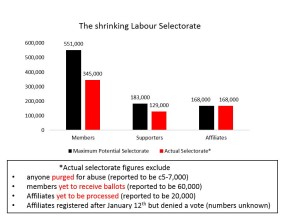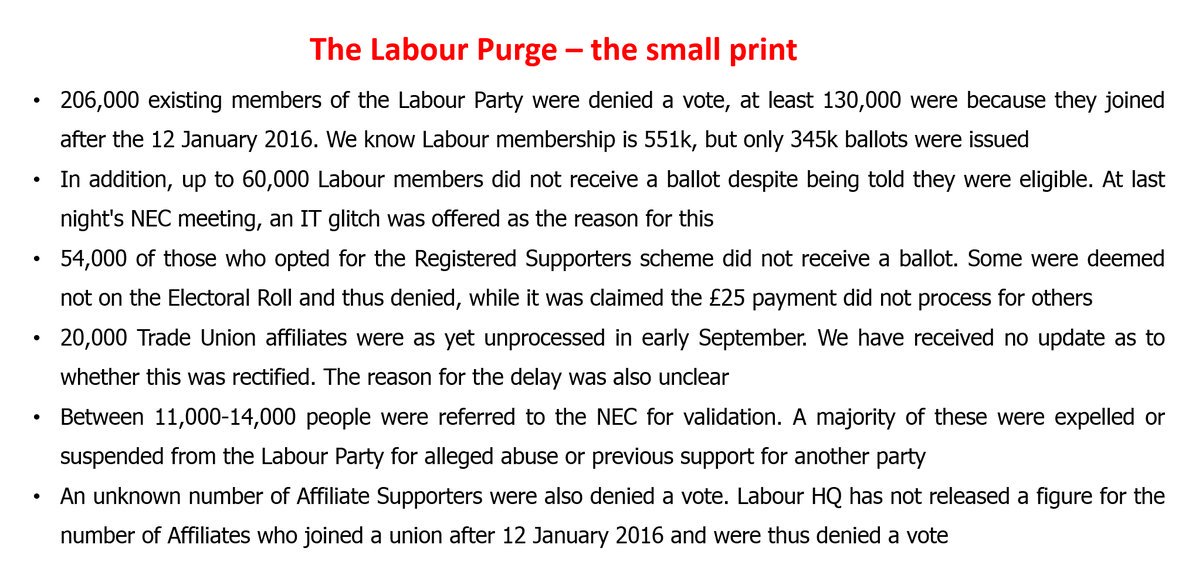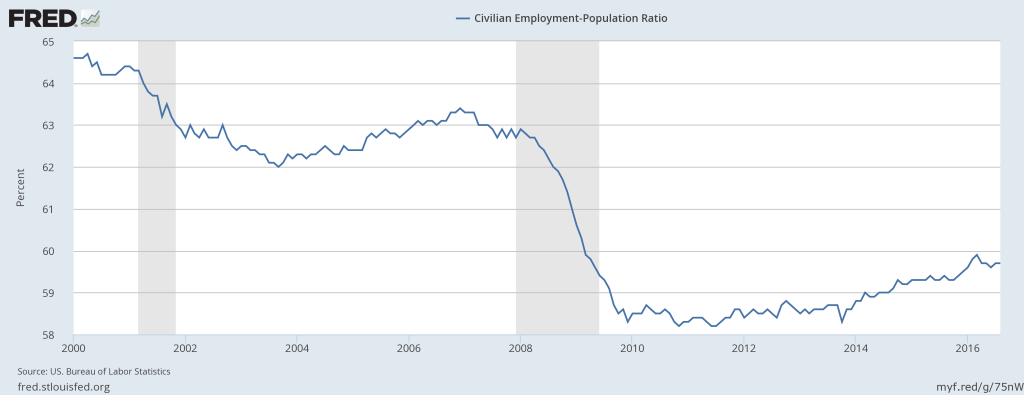![Image by [rom]](https://www.ianwelsh.net/wp-content/uploads/2009/03/japanese-fan-by-rom-199x300.jpg)
Image by [rom]
Implement policy which is as good for as many people as possible.
Keep the rich poor.
Punish negative externalities, encourage positive externalities.
Tax economic rents punishingly.
Do not allow pipeline companies (app stores, telecom companies, railways, etc…) to extract monopoly profits.
Enforce the doctrine of first sale (if you buy it, it’s yours) and do not allow items to be turned into services.
Do not allow elites to opt out of the experience of ordinary citizens.
Allow no unregulated monopolies or oligopolies (and by regulated, I mean 5 percent + inflation profit, no more, no less and strict limits on executive compensation).
Keep so-called “intellectual property” to an absolute minimum.
Make it worth doing social work and do not allow the private sector to pillage the social sector (for example, parenting).
Never use widespread targeted incentives.
Do not allow the rich to grow rich any faster than the bottom or middle of society.
Do not allow fraudulent profits to drive out real profits.
Allow easy bankruptcy.
Do not allow usury.
Do not allow resource extraction profits to drive out profits in other sectors of the economy.
Keep the real rate of return low, except on genuinely risky entrepreneurial activities.
Do not reward people for winning lotteries (economic competitions someone was going to win, like Facebook winning the social site competition).
Do not allow the financial sector to be the tail that wags the dog.
Allow no financial instruments which are more complicated than the underlying asset or project.
Do not allow anyone to take future profits in the present.
Make sure that people cannot cash out of the system without taking a huge loss.
Ensure that no one can give themselves a payday by destroying real value (i.e., much private equity).
Do not allow the old to make deathbets.
Enforce accountability on decision-makers, especially corporate decision-makers.
Do not allow private money to buy elections (taxpayers should pay for their own elections and not expect donations to do so).
Do not allow lawmakers or public executives to ever make more money (adjusted for minimum wage increase, median wage increase, and CPI) than they did while in office.
Give lawmakers generous pensions that kick in after only a few years of service, so that they are not worried about their next job.
Pay lawmakers generously, but link pay to minimum wage, CPI, and median wages.
Recognize health externalities caused by urban and exurban planning, pollution, and additives.
Reduce barriers to entry in new industries, including outlawing non-compete agreements and restrictive patents.
Reward creatives not primarily by patent or copyright, but by levy and distribution. Corporations are not creatives.
Do not allow trade to be used to externalize negatives like pollution.
Restrict capital flows significantly.
Treat credit as a utility and regulate all credit grantors as utilities.
Credit rates should be based on the utility of the end use of credit.
All universal or near-universal insurance should be run by the government, as the government is always the insurer of last resort.
Do not have large standing armies.
Do not obsess over inflation targets. Moderate inflation, to as much as 10 percent, is not harmful and is less harmful than very low inflation.
Do not use monetary policy for fiscal policy or vice-versa.
Do not lock up a large part of your population.
Do not make reintegration of criminals who have served their time effectively impossible.
Make sure your population eats healthily. There is no such thing as cheap food. Cheap food is paid for by death, disease, and health care costs.
Do not allow educational advantage to be bought by high housing prices or by money in general.
Do not impoverish your cities by allowing politicians to use city money to buy rural and suburban votes.
Do not allow city folks’ mores to run the country, nor country mores to run the cities.
Do not allow unproductive suburbs which do not allow light businesses or have covenants.
Do not borrow significant amounts of money in anything but your own currency.
Do not allow people to make large amounts of unearned money (i.e., as when housing inflation is much faster than general inflation).
Do not allow the costs of your society to outrun real gains spread over the population (i.e., housing prices to rise faster than wages).
Make sure that the consumer economy has an alternative.
Understand what the government does well and what the public sector does well.
Use competition between the private and public sectors.
Do not allow your elites to enter into direct competition with foreigners running resource economies.
Do not allow your economy to be owned or run by foreigners.
Do great things, not because of the return, but because they are great.
Seek the health and happiness of your citizenry, not maximum income.
(First published Sept 7, 2011. This is old, but the only relatively comprehensive list I’ve written, so back to the top. My thought has evolved on a few issues, but it’s still a very good list. – Ian)

![Image by [rom]](https://www.ianwelsh.net/wp-content/uploads/2009/03/japanese-fan-by-rom-199x300.jpg)




 On September 11, 2001, I was at work. As the reports came in, the company set up a TV in a large room and work ground to a halt as people watched.
On September 11, 2001, I was at work. As the reports came in, the company set up a TV in a large room and work ground to a halt as people watched.